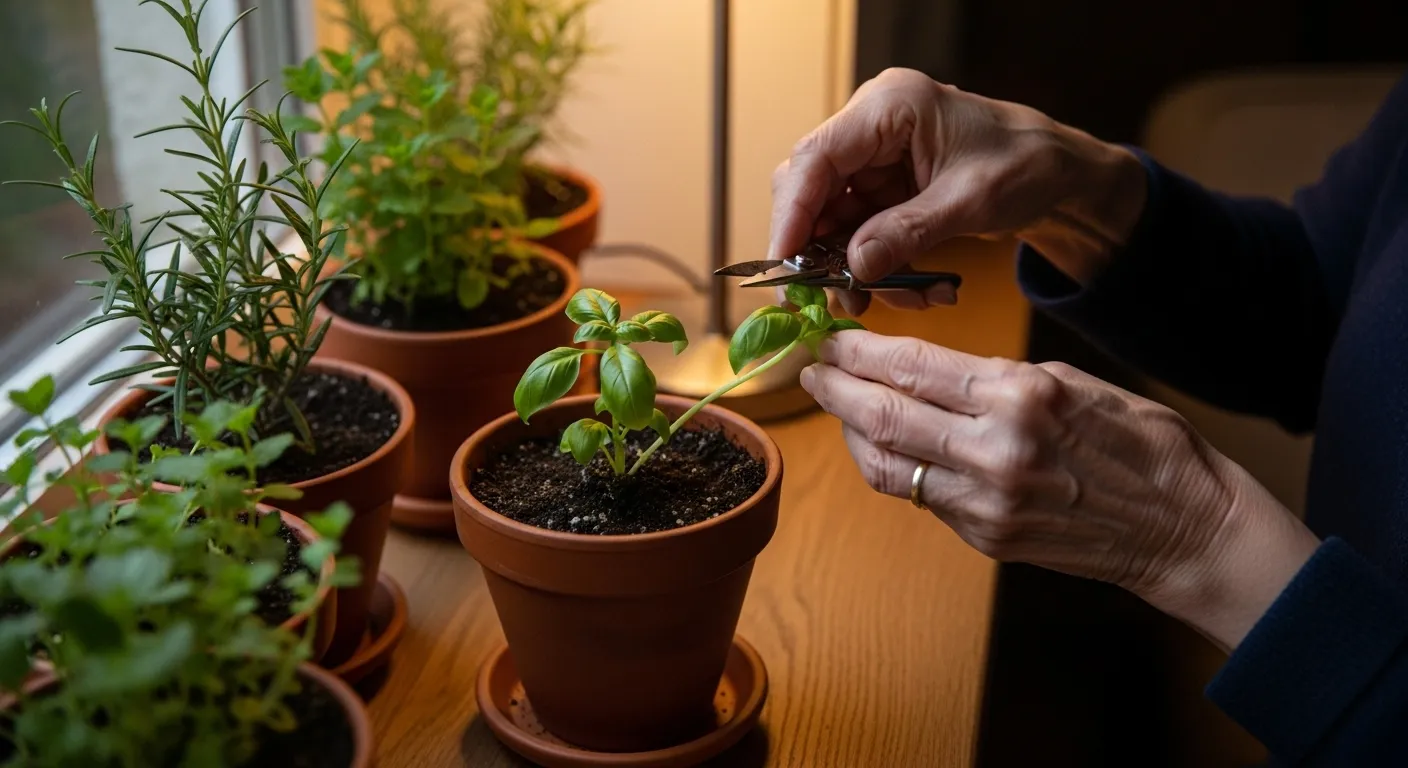
10 Digestive Warning Signs to Discuss With Your Doctor
The earliest signs of stomach cancer can be very vague and are often mistaken for common digestive complaints. The following symptoms don’t automatically mean something is seriously wrong, but if they are new, persistent, or worsening, they are worth discussing with a healthcare professional. Think of your doctor as a trusted partner in your health journey.
1. Persistent Indigestion or Heartburn
We all get indigestion from time to time. But if you find yourself reaching for antacids day after day, or if the burning sensation in your chest is a constant companion that doesn’t seem to be linked to specific foods, it’s a signal to get checked. Indigestion that doesn’t go away or gets worse is one of the most common early digestive cancer signs after 60.
2. Unexplained Weight Loss
Losing weight without changing your diet or exercise routine might sound nice in theory, but it can be a significant red flag. If you notice the numbers on the scale dropping or your clothes feeling looser for no apparent reason, it’s important to find out why. It could mean your body isn’t absorbing nutrients properly from your food.
3. Stomach Pain or Vague Discomfort
This is more than the occasional stomach ache. We’re talking about a persistent, dull ache or pain in the upper abdomen. It might be easy to dismiss as gas or a pulled muscle, but if this senior stomach pain lingers for weeks and doesn’t improve, it’s a clear sign to consult your doctor. The pain is often described as a constant, nagging discomfort just below the breastbone.
4. Feeling Full After a Small Meal
This symptom is known as “early satiety.” You might sit down for a meal feeling hungry, but after just a few bites, you feel uncomfortably full, as if you’ve eaten a large holiday dinner. If this happens regularly, it could be a sign that something is preventing your stomach from stretching normally to accommodate food.
5. Nausea and Vomiting
Occasional nausea is common, but persistent nausea that lasts for days or weeks is not. You might feel queasy without ever actually vomiting. If you do vomit, you might notice that it happens more and more frequently. In some cases, the vomit may contain undigested food eaten hours earlier or, in more serious instances, blood.
6. Difficulty Swallowing
Known medically as dysphagia, this feels like food is getting stuck in your throat or chest on its way down. You might feel a sense of pressure or even pain when you swallow. This can cause you to change your eating habits, avoiding solid foods in favor of liquids. This is a symptom that should always be evaluated promptly.
7. Persistent and Painful Bloating
Bloating that makes your abdomen feel tight and swollen is another common complaint. But if the bloating is constant, painful, and doesn’t seem to be related to what you’re eating or your menstrual cycle (for women), it’s a digestive warning worth noting. It can make you feel uncomfortably full and gassy all the time.
8. A Noticeable Change in Bowel Habits
Your digestive system is one long tube, so a problem in the stomach can affect things further down the line. If you notice unexplained and persistent changes, such as new-onset constipation or diarrhea that lasts for more than a few days, it’s a good idea to mention it to your doctor. Another key sign is seeing black, tarry stools, which can indicate bleeding in the upper digestive tract.
9. Unexplained Weakness and Fatigue
Feeling more tired than usual is a common part of aging, but profound fatigue that isn’t relieved by rest is different. This can be caused by slow, chronic blood loss from the stomach, leading to anemia (a low red blood cell count). You might feel weak, short of breath, and look paler than usual.
10. Blood in Your Stool or Vomit
This is one of the most alarming symptoms and one that requires immediate medical attention. Vomit might have bright red blood or look like dark coffee grounds. Blood in the stool can make it look black and tarry or, less commonly, appear as red streaks. While other conditions like ulcers or hemorrhoids can cause this, it should never be ignored.
Understanding the debate of indigestion vs cancer is about recognizing persistence and patterns. A single episode of heartburn is rarely a concern. Heartburn that lasts for three weeks is a conversation starter for you and your doctor.













